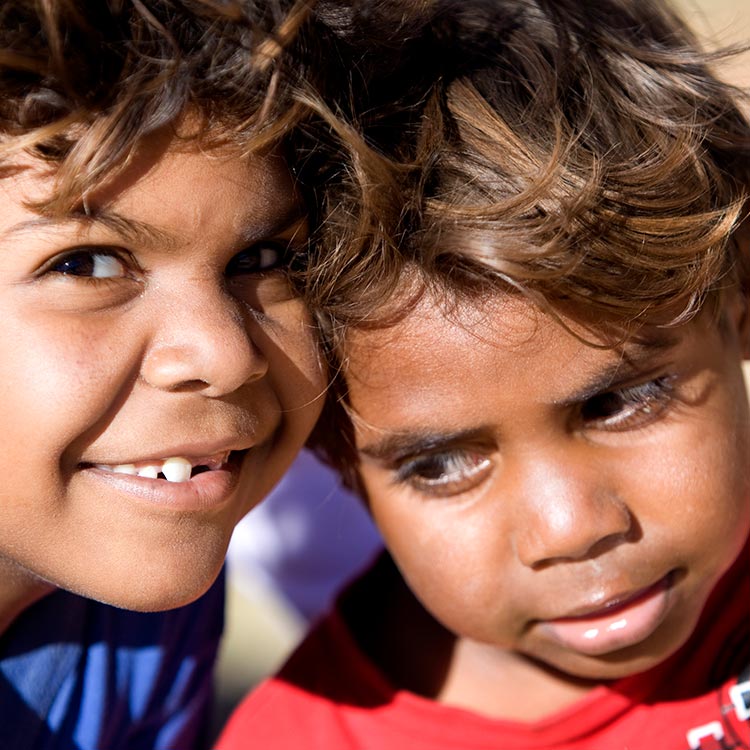Search
Research
Respiratory viruses in young South African children with acute lower respiratory infections and interactions with HIVRV-A and RV-C are endemic in South African children and HIV infection may be protective against RSV and bronchiolitis.
Research
A systematic review of the evidence that swimming pools improve health and wellbeing in remote Aboriginal communities in AustraliaThe benefits that swimming pools may bring to to ear and eye health in remote Aboriginal communities remains unresolved
Research
The PneuCarriage Project: A Multi-Centre Comparative Study to Identify the Best Serotyping Methods for Examining Pneumococcal CarriageThe PneuCarriage project, a large, international multi-centre study for the identification of the best pneumococcal serotyping methods for carriage studies
Research
Evaluation of impact of 23 valent pneumococcal polysaccharide vaccine following 7 valent pneumococcalThe impact of the 23vPPV booster on IPD incidence among Australian Indigenous children is unclear from regional reports of small case numbers.
Research
Risk factors and comorbidities for invasive pneumococcal disease in Western Australian Aboriginal and non-Aboriginal peopleAustralian Aboriginal people have among the highest rates of invasive pneumococcal disease (IPD) worldwide. This paper investigates clinical diagnosis, risk...
Research
Hearing loss in Australian First Nations children at 6-monthly assessments from age 12 to 36 months: Secondary outcomes from randomised controlled trials of novel pneumococcal conjugate vaccine schedulesIn Australian remote communities, First Nations children with otitis media (OM)-related hearing loss are disproportionately at risk of developmental delay and poor school performance, compared to those with normal hearing. Our objective was to compare OM-related hearing loss in children randomised to one of 2 pneumococcal conjugate vaccine (PCV) formulations.
Research
Clinical predictors of hypoxic pneumonia in children from the Eastern Highlands Province, Papua New Guinea: secondary analysis of two prospective observational studiesPneumonia is the leading cause of death in young children globally and is prevalent in the Papua New Guinea highlands. We investigated clinical predictors of hypoxic pneumonia to inform local treatment guidelines in this resource-limited setting.
Research
Lack of effectiveness of 13-valent pneumococcal conjugate vaccination against pneumococcal carriage density in Papua New Guinean infantsPapua New Guinea (PNG) introduced the 13-valent pneumococcal conjugate vaccine (PCV13) in 2014, with administration at 1, 2, and 3 months of age. PCV13 has reduced or eliminated carriage of vaccine types in populations with low pneumococcal carriage prevalence, carriage density and serotype diversity.
Research
“You’re telling us to go first?!” COVID-19 pandemic and vaccination experiences among Aboriginal adults in Western AustraliaGlobally, Indigenous populations have been disproportionately impacted by pandemics. In Australia, though national infection rates with COVID-19 infections in Aboriginal and/or Torres Strait Islander people were lower in the first 12 months of the COVID-19 pandemic, there was soon a greater burden in Aboriginal and/or Torres Strait Island people once Omicron was circulating. Uptake of the COVID-19 vaccine was also lower among Aboriginal and/or Torres Strait Islander people.

News & Events
Funding boost music to the ears of WA childrenA $6 million commitment from Wesfarmers to Telethon will fund vital research to reduce the impact of chronic ear infections and other serious diseases.
